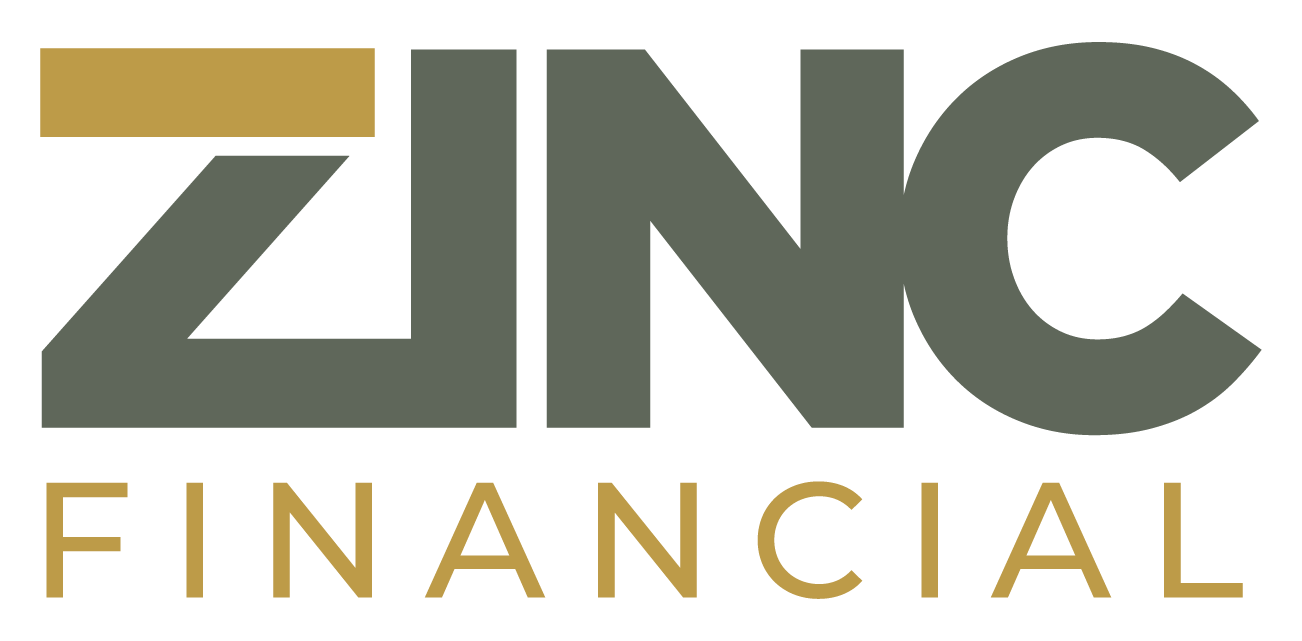Investing in rental properties has long been a popular choice for individuals seeking to build wealth through real estate. However, the path to profitability in the rental property market is not always straightforward. To maximize your returns and mitigate risks, it’s crucial to conduct a thorough cash flow analysis before making any investment decisions. In this blog, we’ll explore the importance of cash flow analysis for rental properties and how it can significantly impact the profitability of your investment.
Understanding Cash Flow Analysis
Cash flow analysis involves examining the income and expenses associated with a rental property to determine its financial viability. The goal is to calculate the property’s net operating income (NOI) and assess whether it will generate positive cash flow. Positive cash flow means that the property’s income exceeds its expenses, while negative cash flow indicates that the property is likely to operate at a loss.
Here are some key components of cash flow analysis:
- Rental Income: Estimate the monthly rental income your property can generate. This figure may vary depending on factors like location, property type, and market demand.
- Operating Expenses: Consider all the ongoing expenses associated with your property, including property taxes, insurance, maintenance, property management fees, and utilities.
- Mortgage Payments: If you’re financing your rental property with a mortgage, calculate your monthly mortgage payments, including principal and interest.
- Vacancy Rate: Account for potential vacancies, as no property remains occupied 100% of the time. Estimate a realistic vacancy rate for your area.
- Capital Expenditures: Set aside a portion of your income for future repairs and upgrades to maintain the property’s value.

The Impact on Profitability
- Positive Cash Flow
Positive cash flow is the holy grail of rental property investment. When your property generates more income than it incurs in expenses, you’re on the path to profitability. Positive cash flow allows you to cover your mortgage, build reserves, and even generate additional income. It provides financial stability and enhances your investment’s long-term prospects.
- Negative Cash Flow
Negative cash flow, on the other hand, can quickly erode your investment’s profitability. If your expenses consistently exceed your rental income, you’ll need to cover the shortfall from your own pocket. This not only impacts your immediate financial health but also jeopardizes the long-term success of your investment. Additionally, negative cash flow can limit your ability to expand your real estate portfolio.
The Importance of Cash Flow Analysis
- Risk Mitigation
Cash flow analysis helps you identify potential financial pitfalls before they become problematic. It allows you to make informed decisions about whether a property is a sound investment. By accurately estimating income and expenses, you can assess the property’s risk and determine if you’re comfortable with the potential returns.
- Informed Decision-Making
Armed with the results of your cash flow analysis, you can make informed decisions about which properties to invest in. By comparing multiple investment opportunities, you can select the ones that offer the best chance of positive cash flow and long-term profitability.
- Strategic Planning
Cash flow analysis is a valuable tool for developing a strategic investment plan. You can set financial goals, determine your investment criteria, and decide how many properties you need to achieve your desired level of passive income.
The importance of cash flow analysis for rental properties cannot be overstated. It’s a critical step in the process of identifying profitable investment opportunities and ensuring the long-term success of your real estate ventures. By carefully evaluating rental income, operating expenses, and mortgage payments, you can make informed decisions that lead to positive cash flow and a prosperous real estate portfolio. Always remember that while rental property investment has the potential to generate significant returns, it also comes with risks, and a robust cash flow analysis is your best defense against unforeseen financial challenges.


